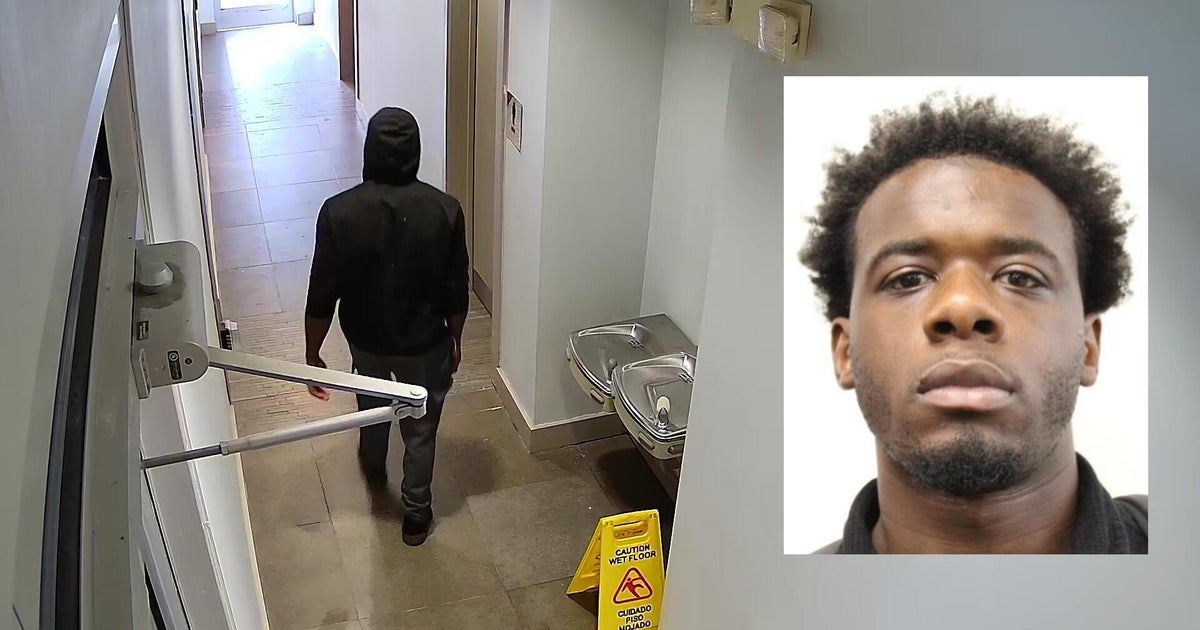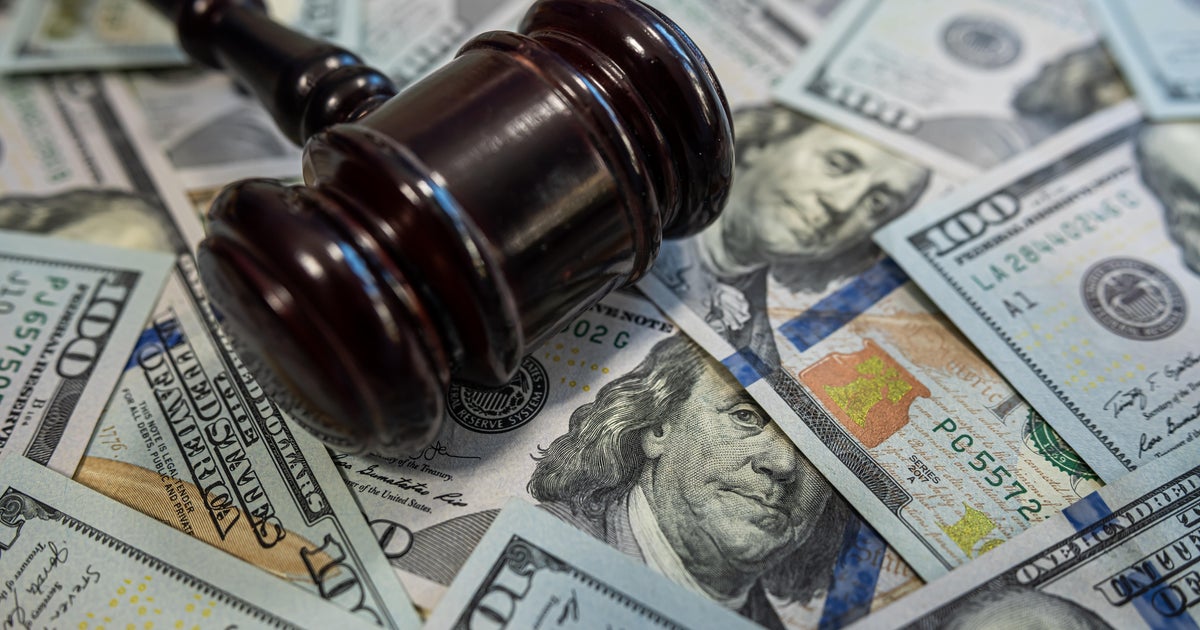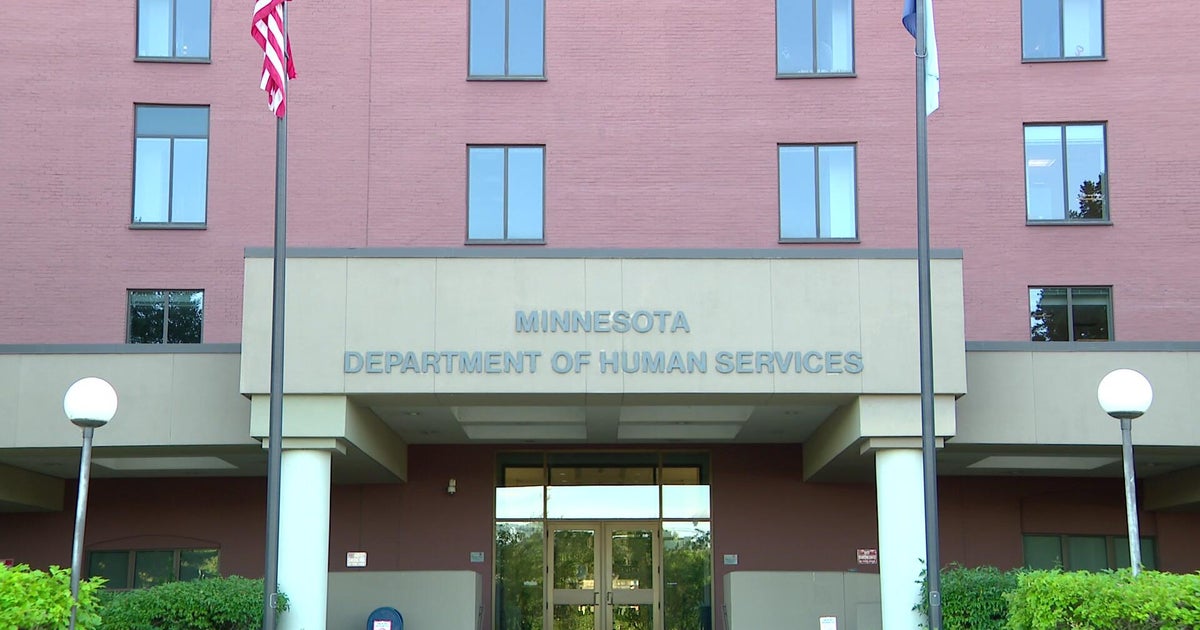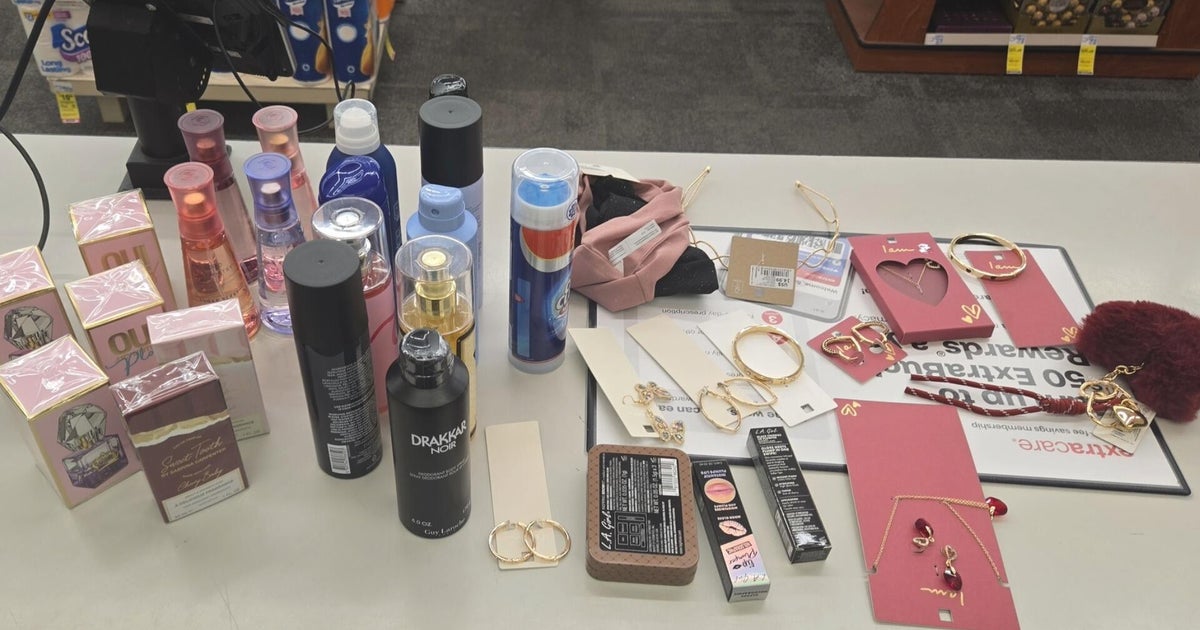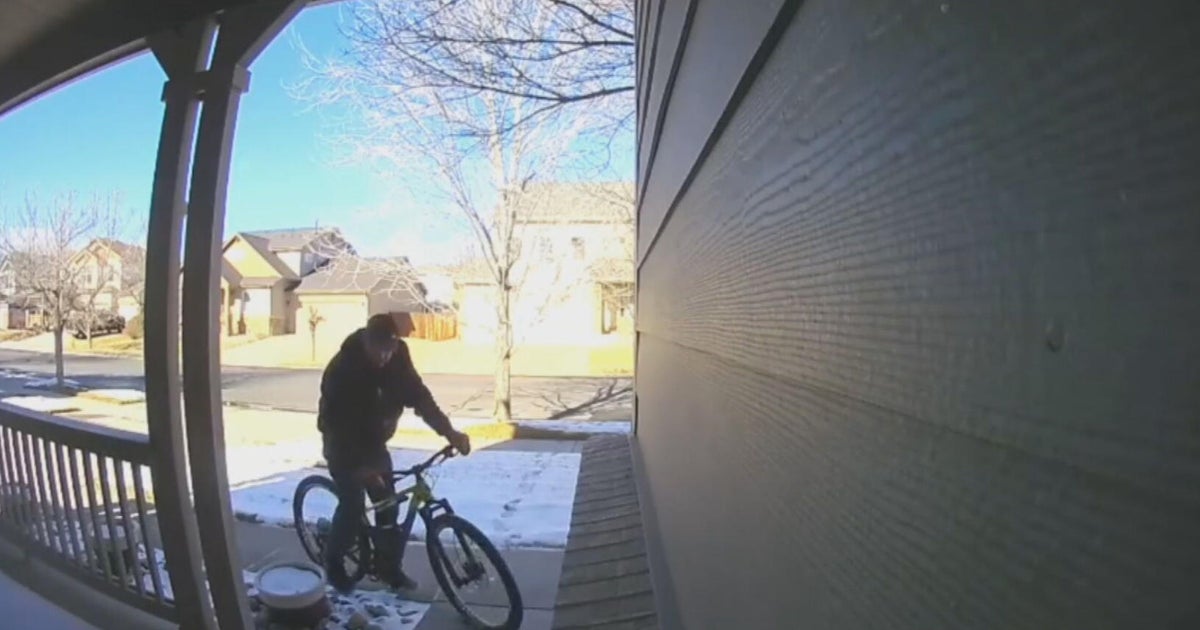Change-Of-Address Fraud: Easy For Crooks, Hard For Consumers To Fix
SAN FRANCISCO (KPIX) -- Change-of-address fraud is a growing form of identity theft, in part because it is so simple to pull off.
All a criminal needs is your name and address to easily re-route your mail -- intercepting sensitive documents which they can use to steal your identity.
Now KPIX has learned the problem may be much bigger than the U.S. Postal Service has been willing to admit.
Like many victims, Frank and Rebecca Ronquillo were shocked to discover that their mail was being forwarded to a new address.
They were upset when they realized that all a stranger had to do was fill out a simple change-of-address form to pull off the crime.
Worse, the couple says, the postal service refused to tell them where the mail was being forwarded to.
"I said, 'Are you serious?'" Rebecca recounted.
In the meantime, the mail thief was getting all of Frank's mail, including his blood pressure medicine and his Medicare card with his social security number on it. Frank says the thief used that to impersonate him and apply for a credit card in his name.
"It's gotta be stopped," Frank said.
"What surprised me the most was how easy it was to change an address," Donna Henry told KPIX.
She discovered her address had been changed when a gas pump declined her credit card. She entered her actual zip code but the gas pump wanted the new one.
In Henry's case, the address change was an accident.
Her son selected "family" instead of "individual" when he filled out his change-of-address after he and his wife moved out of the Henry's guest house. However, when Donna called the credit card company to straighten it out, they refused to let her change her address back.
"It's easier for someone else to change my address than for me to change it back, she said. "They wouldn't change the address on my word, yet the post office could do it."
Address fraud has been the subject of many news reports over the past several years.
While spokespeople for the USPS and Postal Inspection Service (PIS) commonly note that even one victim is too many, they also often downplay the scale of the crime with statements like, "The margin of potential compromise is small."
Members of the Postal Inspection Service confirm that they were given talking points last year that implied this type is fraud is rare.
Spokespeople were instructed to say that of the 37 million change-of-address requests each year, they only received about 750 reports of possible fraud.
However, KPIX has learned there are far more than 750 reports of possible change-of-address fraud -- at least 20 times more!
In response to a recent Freedom of Information Act Request (FOIA), the Postal Inspection Service (PIS) provided KPIX with data that indicates they've actually received 17,077 complaints "relating to fraudulent address changes" over the past year alone.
Of those, 16,228 were submitted online to the PIS. We're told another 458 were submitted directly to PIS agents and eight complaints were submitted to the agency by credit card companies.
To be clear, those are just the cases of possible change-of-address fraud submitted to the Postal Inspection Service. We had to submit separate FOIA requests to each branch of the postal service.
The USPS says it has received "approximately 46,058 inquiries from customers concerning the validity of the change-of-address order" since Jan 2016. Of those, they say only 2,355 were forwarded to the PIS.
The third branch of the Post Office, the Office of the Inspector General (OIG), tells us it has received another 15 complaints that the OIG forwarded to the PIS.
A 2008 audit by the Office of the Inspector General identified a "weakness" in the change-of-address process and concluded that "if left unmitigated, could contribute to identity theft."
All it takes is an address and forged signature to re-route someone's mail.
Now, nearly a decade later, it appears little has been done to prevent ID thieves from using the hard copy change-of-address forms to perpetrate crimes.
The USPS does requires a credit card with a matching address to verify identity before you can change an address online but no ID is required to fill out a hard copy of a change of address form and pop that in the mail.
The U.S. Postal Service also sends a change-of-address notification to both the old and new addresses. But crooks are getting around that with another form that puts mail delivery to the old address on a vacation hold.
The USPS acknowledges that the change-of-address process may need to be changed.
In a statement to KPIX it says, "We are continuously implementing security enhancements, though not seen by the general public, to enhance the security of our change of address process. We continue to assess these options, as we determine the best alternatives to protect the needs of our customers."
Still there is no indication that the agency plans to begin verifying identity before processing hard copy change of address forms.
Postal inspector Jeff Fitch says his agents are currently investigating dozens of cases of change-of-address fraud in Northern California alone. He believes the problem may actually be under-reported.
"I know there are people out there that may have had this problem and haven't made any complaints," Fitch said.
He urges anyone who thinks they might be a victim of address fraud make an official report to the postal inspector's office. Too often, he says, people tell their letter carrier or complain about it online and those complaints may not reach the proper authorities.
The U.S. Postal Service has a 24-hour number to report postal crime -- it is (877) 876-2455.
Submitting a false change-of-address form is a federal crime, punishable by a fine, imprisonment or both. The postal service has a standing reward for up to $10,000 for information leading to arrest and conviction.
How can you tell if you've been a victim? A decrease in mail delivery is one sign. Keep in mind, you may continue to get some mail even after your address is forwarded.
Finch says you can check with your post office to confirm if an address change has been filed, but as the Ronquillo's learned, postal service employees generally won't tell you what address your mail has been forwarded to.
You can also confirm an address change with your credit card companies, and they may be able to give you more information about the forwarded addresses.
Still, victims like Donna Henry say a simple fix could help alleviate the problem in the first place. She says the postal service should start requiring anyone attempting to change an address to provide a photo ID.
"I think without an ID you shouldn't automatically send the mail. It's crazy."

